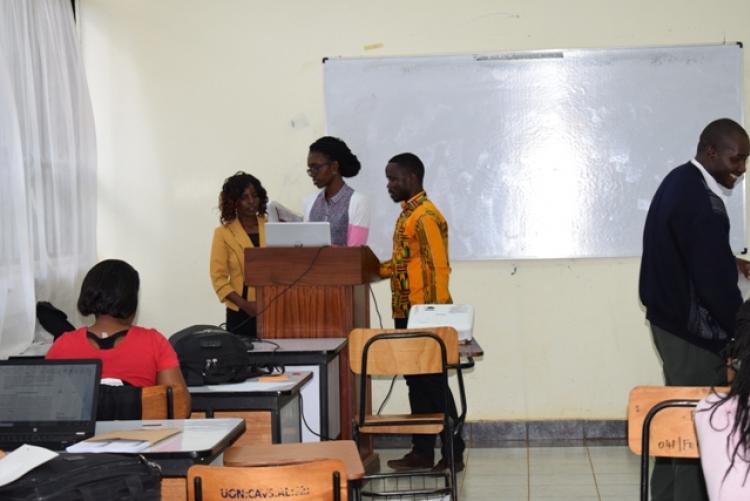Togba V. Sumo’s study sought to find out why there is low productivity in the Margibi region in Liberia. Access to extension by smallholder rice farmers and attack by pests were the main focus explaining the low productivity. The study was motivated by the fact that there is increasing population consequently leading to high food prices. If the situation is allowed to persist, there will be increased hunger and poverty, owing to the fact that rice is a staple crop in the country. To mitigate the challenges, the study assessed the farmers’ perceptions towards access to extension and their willingness to pay for integrated pest management (IPM). Several factors such as: off-farm income, size of the farm, land ownership, distance to the market; and monthly income, group membership, age of the household, access to credit among others had contributed significantly to the perceptions and WTP for the technology, respectively. Furthermore, the farmers were WTP an average of 2,190.28 Liberian dollars for training on IPM. Multi-stake holder partnerships, strengthening in-country research extension linkages and rehabilitating farms to next to the roads were some of the recommendations advised.
The low productivity of the agricultural sector in Liberia raises serious concern and motivates the search for the various factors explaining the poor performance. Poor performance of the extension system and loss of attainable crop yields to insect pests by the smallholder farmers are two key factors likely to explain the unsatisfactory performance of the agricultural sector. Given the increasing global population and resulting increase in food prices, there is need to determine the causes of low yields in order to increase the domestic supply of food, reduce poverty and improve rural livelihood. The study therefore evaluated smallholder rice farmers’ perception and access to extension services and estimated the willingness to pay (WTP) for Integrated Pest Management strategy and the factors likely to explain its variation among farmers. The specific objectives of the study were three. First, to assess farmers’ perception of extension services provided by Non Governmental Organizations (NGO) and the factors influencing that perception. Second, to determine the factors influencing farmers’ access to extension services, and the intensity of use of those services.
- Log in to post comments

